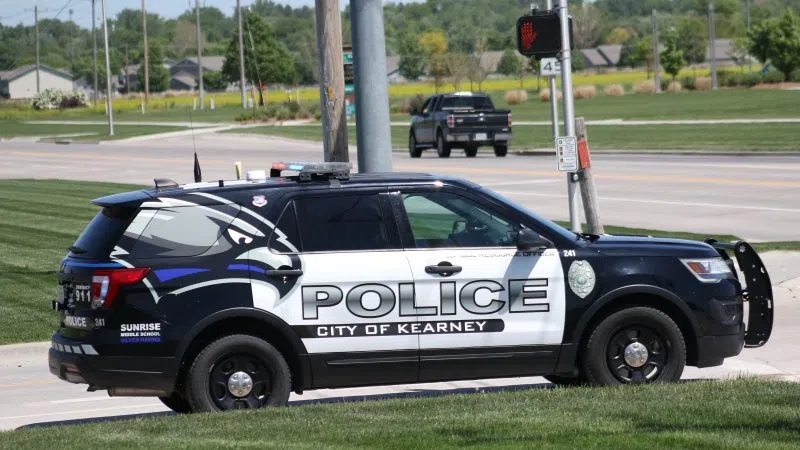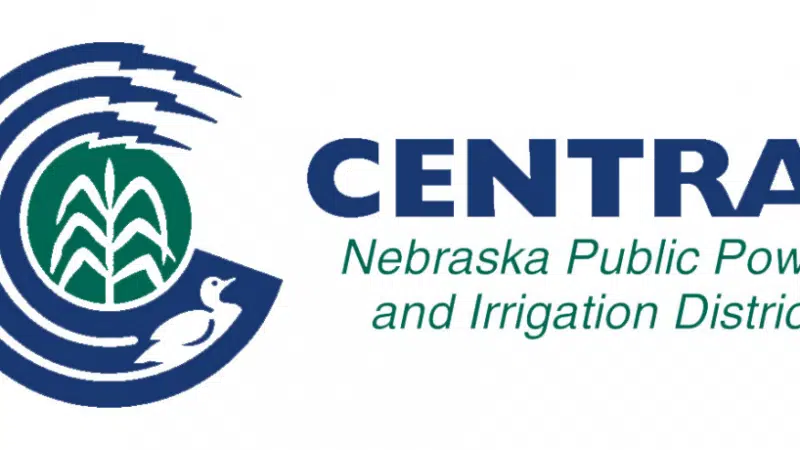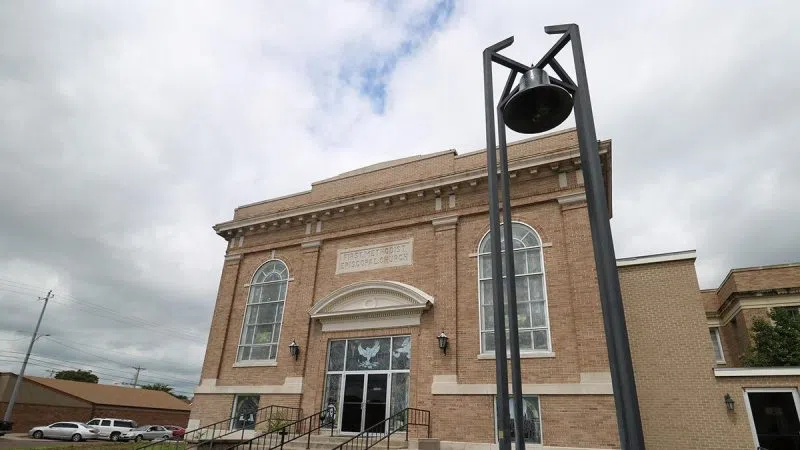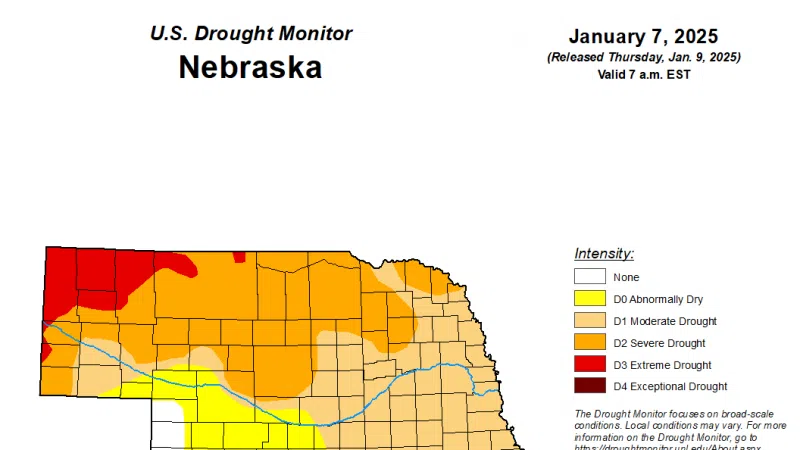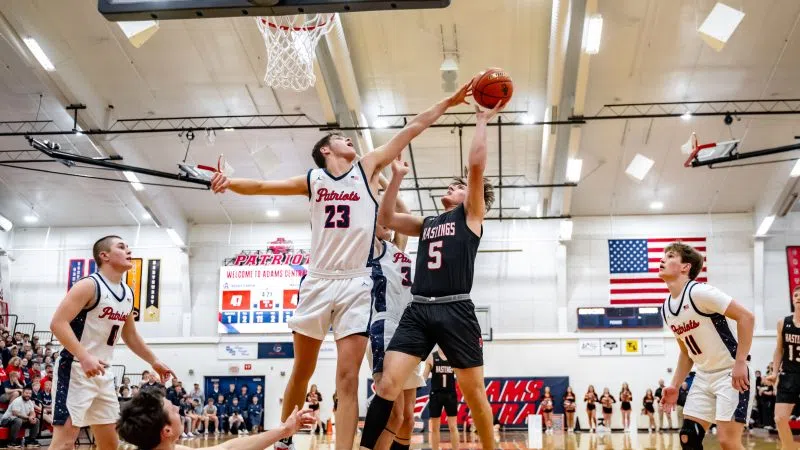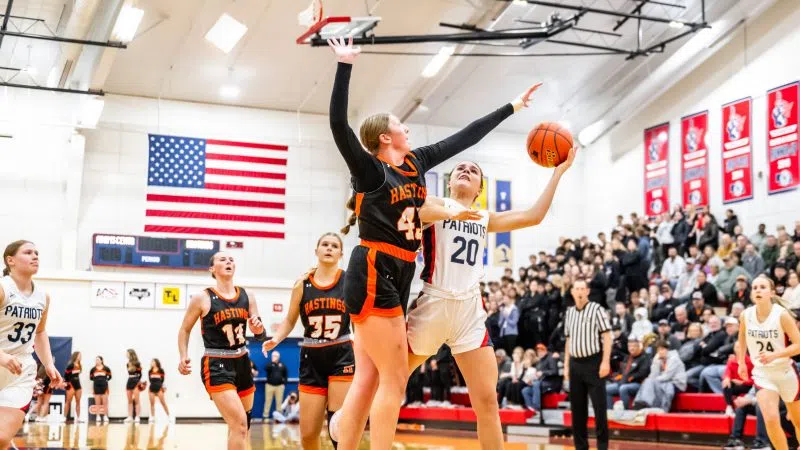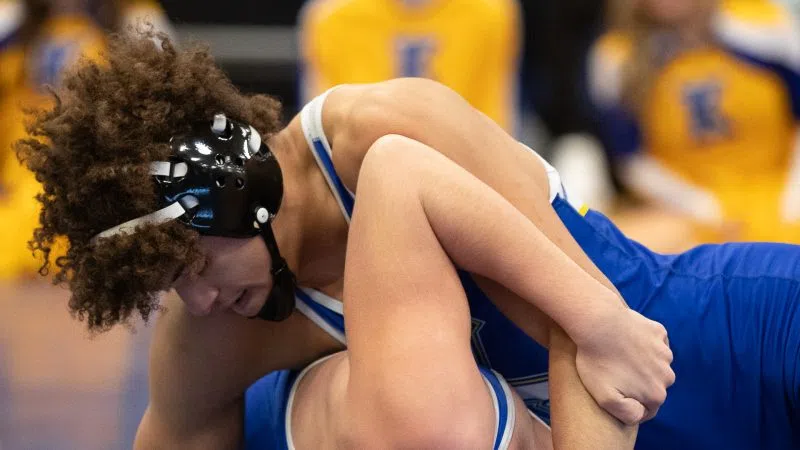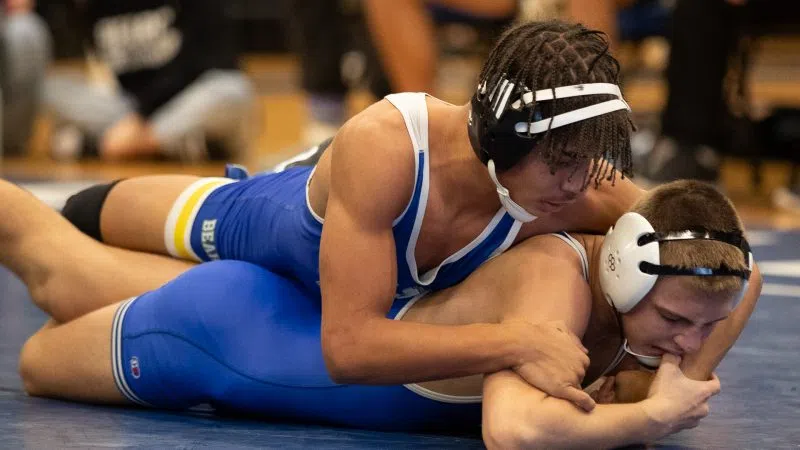(New York) — The record-breaking heat waves that have killed dozens of people in the West Coast last month have also had a dire impact on the region’s bird population, particularly its youngest members.
And wildlife experts and environmentalists are warning that this could be a dire sign of things to come as climate change continues to alter the ecosystem.
During the record-breaking heat wave at the end of June, dozens of nesting baby birds, from raptors to corvid species, have been jumping out of their nests to escape the heat and falling to the ground. The Portland Audubon Society reported that it had 100 hawks admitted to wildlife care centers during the final week of June when temperatures were as high as 116 degrees.
“As we have more heat waves and more wildfires, we’re taking away their habitat and they won’t have anywhere to nest,” Sally Compton, the executive director of Think Wild Central Oregon, a nonprofit wildlife hospital, told ABC News.
Compton said her office received triple the amount of calls of injured and separated baby birds and patients than last summer, with 60 patients at the end of June alone.
“During the busy season we have about 10 to 20 cases,” Compton said.
The patients suffered severe head trauma and other fractures, she said. Other birds have showed signs of overheating, such as mouth breathing and longer sleep periods, according to Compton.
Nesting season usually takes place between April and June in the West Coast, according to the Audubon Society. In most cases birds will build their nests in the highest locations of the forests, Compton said.
The extreme heat waves, however, made these locations more dangerous for the baby birds, she said.
“Not only are they exposed to the really high temperatures but they’re also exposed to the direct sunlight,” she said. “They have no choice that they have to flee from the nest.”
Nat Seavy, director of migration science with the Migratory Bird Initiative at the National Audubon Society, told ABC News that baby birds are the most vulnerable because they are still fledging.
“They simply don’t have the ability to move to a better place,” Seavy told ABC News.
And it’s not just the birds that are feeling the heat. Compton said she treated a golden mantle ground squirrel that suffered burns from the heat last weekend.
So far, the damage to the animals hasn’t been too harsh, according to the advocates who have been treating them.
Compton said her team has been able to heal many of the injured birds, reunite them with their families and establish nests in parts of the forests with more shade. The Portland Audubon Society also reunited some hawks that were injured.
She and other advocates warned that increased heat waves will result in long-term problems for the West Coast fauna.
Liz Hadly, a senior fellow at the Woods Institute for the Environment at Stanford University, told ABC News that nesting seasons tend to align with times of the year that weren’t hot.
“That mismatch of the nesting period of the bird and the rising temperatures is offset. When you factor in that developmental phase of being fed in the nest and not able to leave the nest, this makes them sitting ducks,” she said.
The ecological shift could lead to several dire outcomes including, longer fledging periods for the baby birds and a decline in the number of birds that make it to adulthood, according to Hadly.
“Their nesting success may decline,” she said.
Seavy and the other experts said that this should propel everyone to work on combating climate change because once the bird population is negatively affected, it won’t take long for other animals to suffer as well.
“Birds tell us the impacts of climate change are serious,” he said. “We have to recognize that we have to address the changes for both wildlife and people.”
Copyright © 2021, ABC Audio. All rights reserved.





